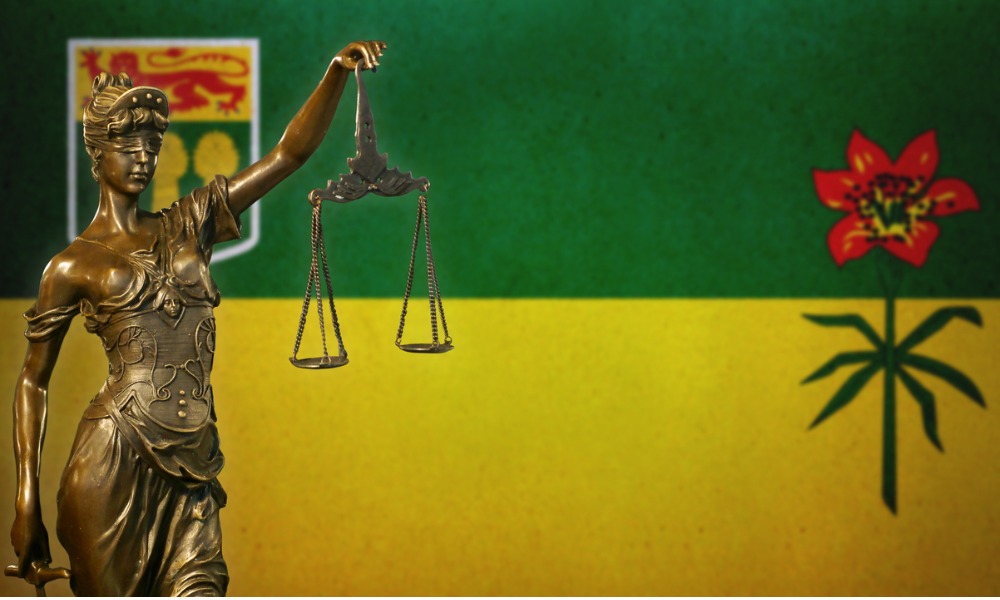Say legislation 'compels' teachers and education workers to inflict harm on youth, overrides workers' Charter rights

Three workers’ unions in Saskatchewan have joined forces to intervene in an appeal case over the province’s pronoun consent law.
The Canadian Union of Public Employees (CUPE), Saskatchewan Federation of Labour (SFL) and the Canadian Teachers’ Federation (CTF) announced their joint application to intervene in the Court of Appeal case concerning Bill 137, The Education Amendment Act, 2023.
“I wish I didn’t have to say this, but CUPE has filed to intervene in the Court of Appeal case regarding Bill 137 — to help protect the Charter rights of Saskatchewan children and workers,” said Kent Peterson, CUPE Saskatchewan president. “It shouldn’t have to come to this, but unfortunately here we are.”
The law requires parental consent for students under the age of 16 to change their names or pronouns while at school, noted CTV News.
The rule was first introduced as a Ministry of Education policy in August 2023, but UR Pride, the University of Regina's Pride organization, launched a legal challenge, alongside Egale Canada, against the rule.
The Sask. Party then made the policy into a law last October, invoking the notwithstanding clause to shield it from a potential court order, according to the report.
“In October 2023, Bill 137 was introduced, debated, and passed into law in a matter of days, preemptively invoking the notwithstanding clause,” according to the three unions.
This means the legislation cannot be struck down by the courts.
Resumes containing they/them pronouns are more likely to be neglected by many hiring managers, according to a previous report.
Unions’ criticism of Bill 137
The unions’ joint application is their response to the lower court’s finding that the government’s use of the notwithstanding clause does not prevent it from determining whether Charter rights have been infringed by Bill 137.
They claim that the legislation inflicts harm on youth and compels teachers and education workers to inflict this harm. The unions also believe that Bill 137 sets a precedent to override workers’ Charter rights into the future.
“We feel that suspending Charter rights – regardless of the sector of workers or subset of children – needs to be considered in the court of law. Students and workers alike deserve to know how this law could impact them now and into the future,” said Lori Johb, SFL president.
The Court of Appeal will determine intervenors for this appeal later this month. The appeal is scheduled to be heard on Sept. 23, 2024.
“We support the advocacy of the Canadian Teachers’ Federation on an issue that deeply affects our profession,” said Samatha Becotte, Saskatchewan Teachers’ Federation (STF) president. “Saskatchewan teachers are committed to ensuring safe and welcoming learning environments. Teachers must be able to exercise professional judgement and autonomy in supporting students and working with parents to help youth appropriately navigate challenges in their lives.”
Here’s the issue of gender identity in the workplace has evolved, according to experts.






